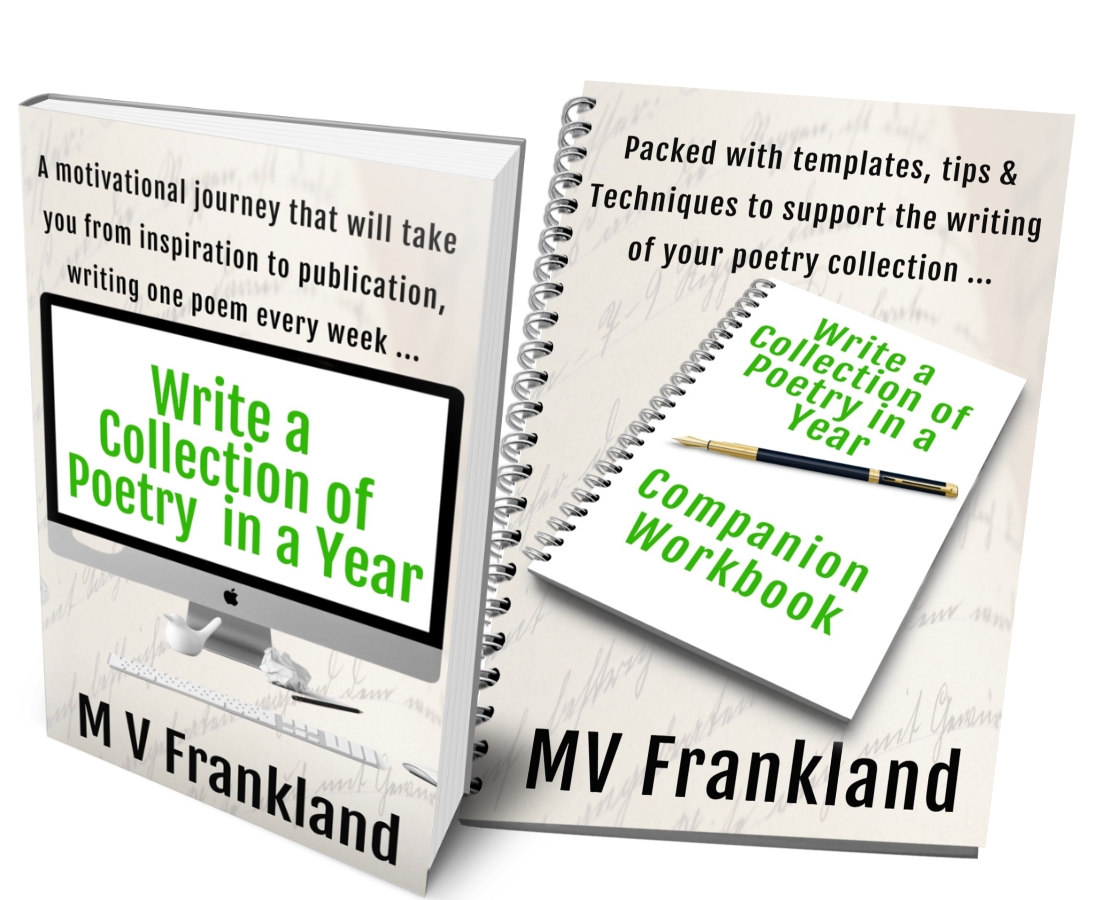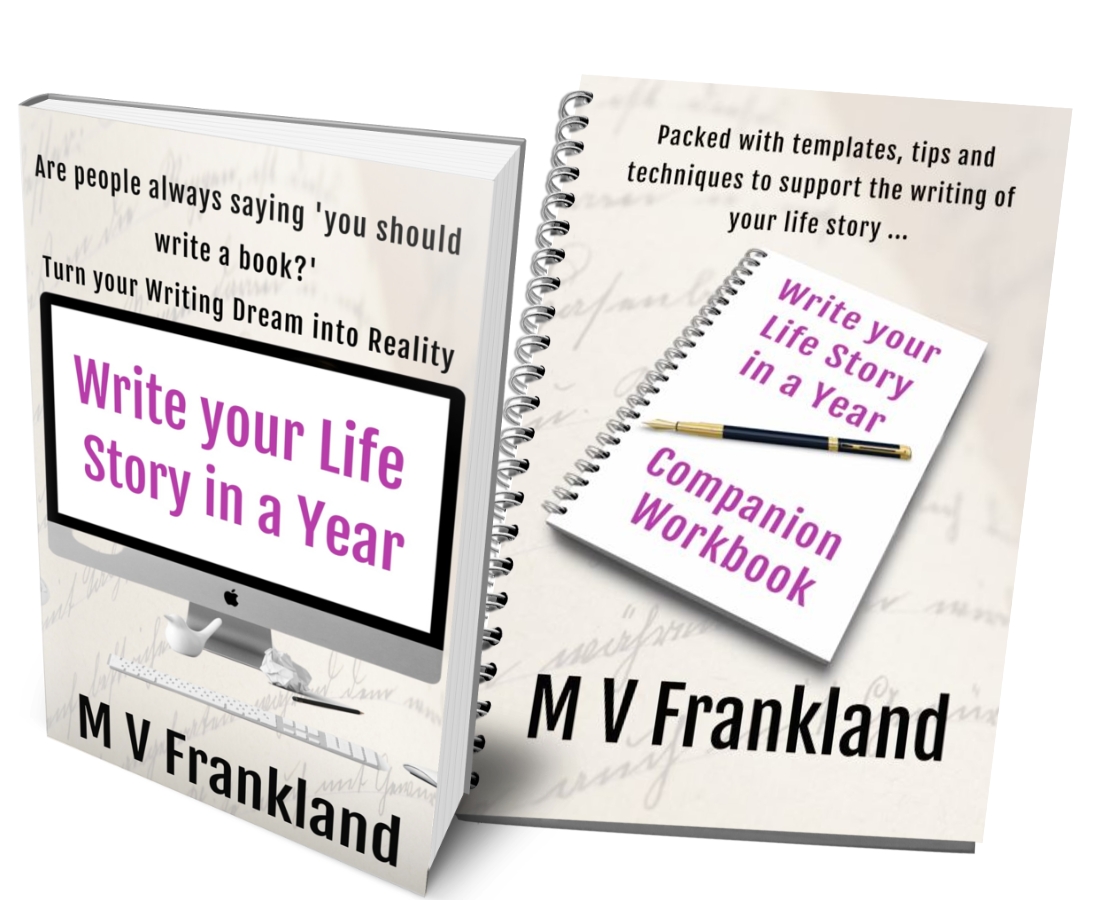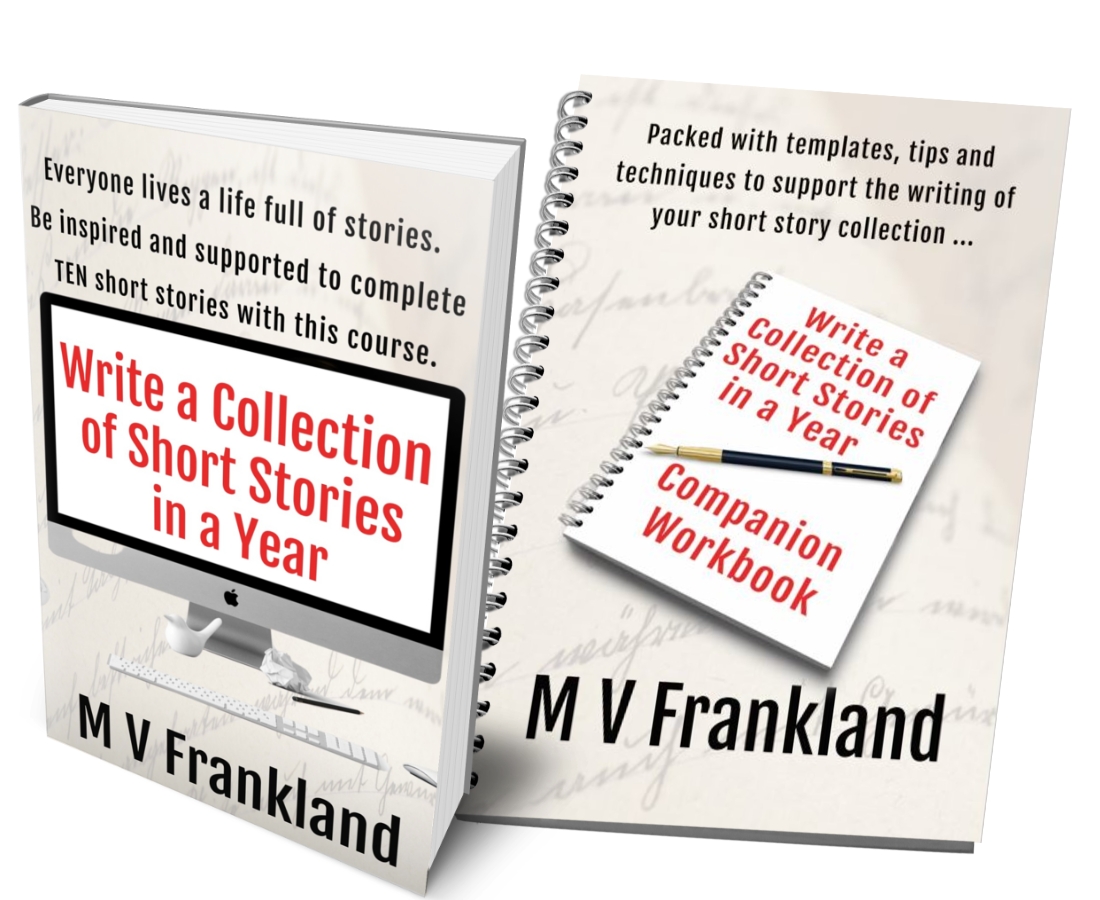Tips for Writers
To stay motivated and maintain consistency in your writing schedule write every day. Even if it's just a page. Research has shown that habits stick after practicing them for twenty-one days.
To improve your storytelling skills use regular short writing prompts which echo the type of writer you're aiming to be - whether that's a fiction writer or an autobiographical writer. Writing Inspirations on Amazon is a good place to begin.
To create authentic and believable settings for your story ensure you are engaging all five senses in your writing. Then include the emotional connection between character and place. Better still, write from within the setting you are aiming to bring to life.
To develop well-rounded and relatable characters get to know them well before you bring them to the page. Not just what they look like and what they do, but who they are and what makes them tick. To make them unique, include small aspects of yourself in them, and people you have known.
To find your unique writing voice and develop your own style keep writing as much and as often as possible. It will come if you allow it to. Don't worry about editing at this stage, just write. As time progresses and you read back over your drafts you will be able to identify what makes you unique as a writer. Your accent, your tone, and the style in which you write, whether that's descriptive, dialogue-heavy or quick in terms of pace.
To balance dialogue, description and action in your writing use an interweaving process. Try not to have dense blocks of any of the above, but rather a line or two of each all interwoven around each other.
To build tension and suspense in your narrative use shorter sentences, more monosyllabic words and less description. You should also minimise introspection, portray more action and use stronger verbs.
To balance showing versus telling in your writing ensure where you can that you're allowing your reader to do some 'work.' For example, don't tell us the woman is crying. Rather have someone pass her a tissue and squeeze her shoulder.
To effectively portray emotions and the internal thoughts of your characters spend some time with them. Really get to know them and feel what they feel. Play music or light a candle. Go for a walk and get into their mindset. Draw on your own experiences of feeling a certain way.
To approach the editing process remember not to edit whilst writing a first draft as it will stifle your creativity. Rather get to the end, let it go cold for a few days then look at it again with fresh eyes. Keep returning to it as often as necessary until you're ready to let it go. Then get someone else to look at it if you can.
To find a supportive writing community or critique group ask other writers for recommendations or do an online search. Join a group who are at a similar point on their writing path, and that are writing in a similar genre and form to you. Remember that all feedback is subjective. You can take it or leave it.
To handle writer's self-doubt remember all writers struggle with this at every stage of their careers. Do whatever it takes to continually improve your craft, and whatever it takes to believe in yourself and what you are doing.
To navigate the publishing industry do lots of research. Most publishers have websites but remember you can also go it alone. These days, writers do not have to have a publisher to be successful.
To identify your writing goals identify what your definition of success is. Five short stories? A book of poetry? Your life story? A novel? Winning a writing competition? Seeing your work in print? Making a certain amount of money? Whatever it is, work out the baby steps you will need to take to reach it and BEGIN.
These tips are expanded in my free book The 7 S.E.C.R.E.T.S. to Achieving your Writing Dreams. Download it here.
In addition to my courses, books and other resources, I also offer one-to-one writing consultancy (very limited!) and a writing extract critique service (even more limited!) Details available on request - contact me here.




